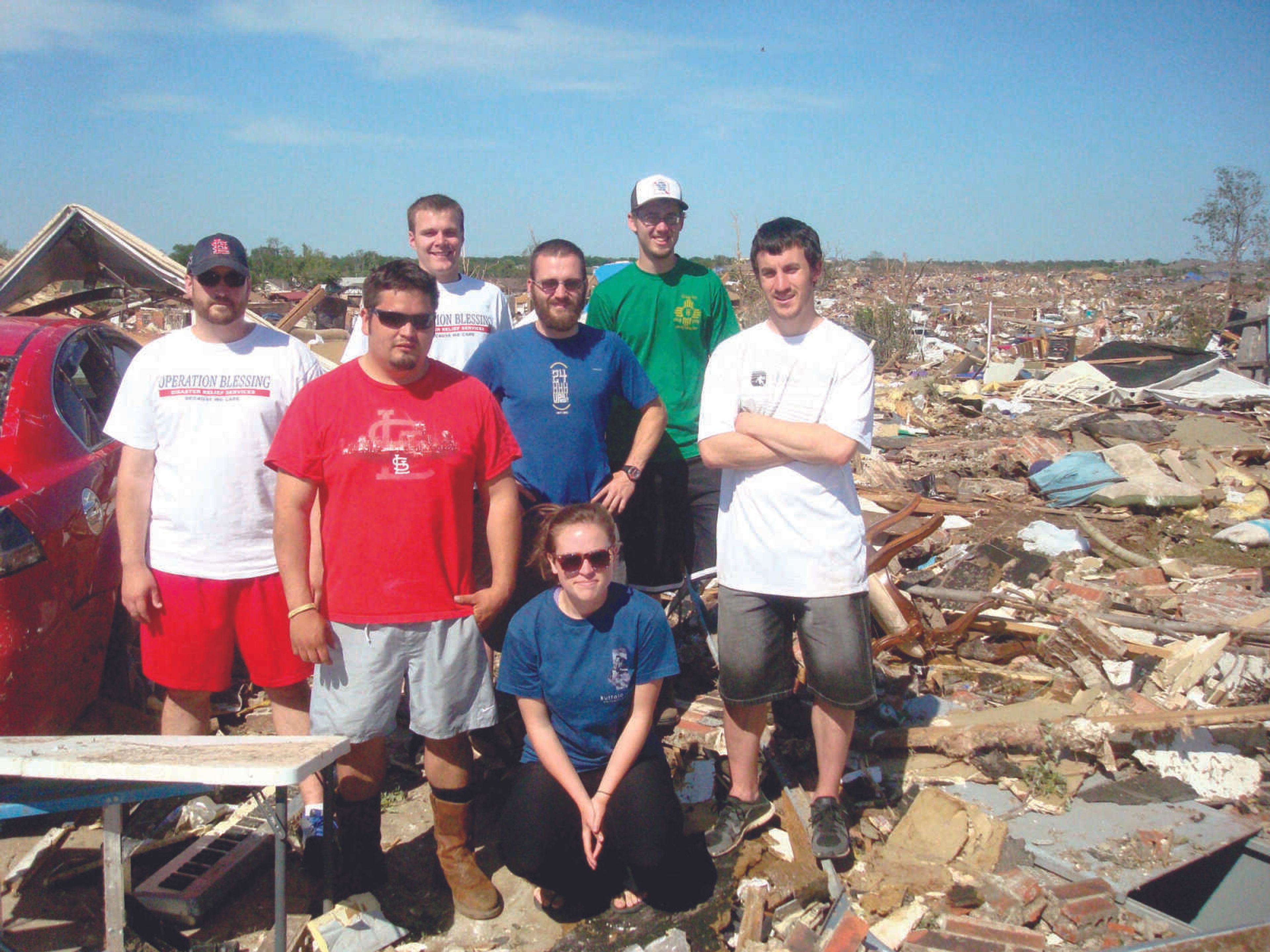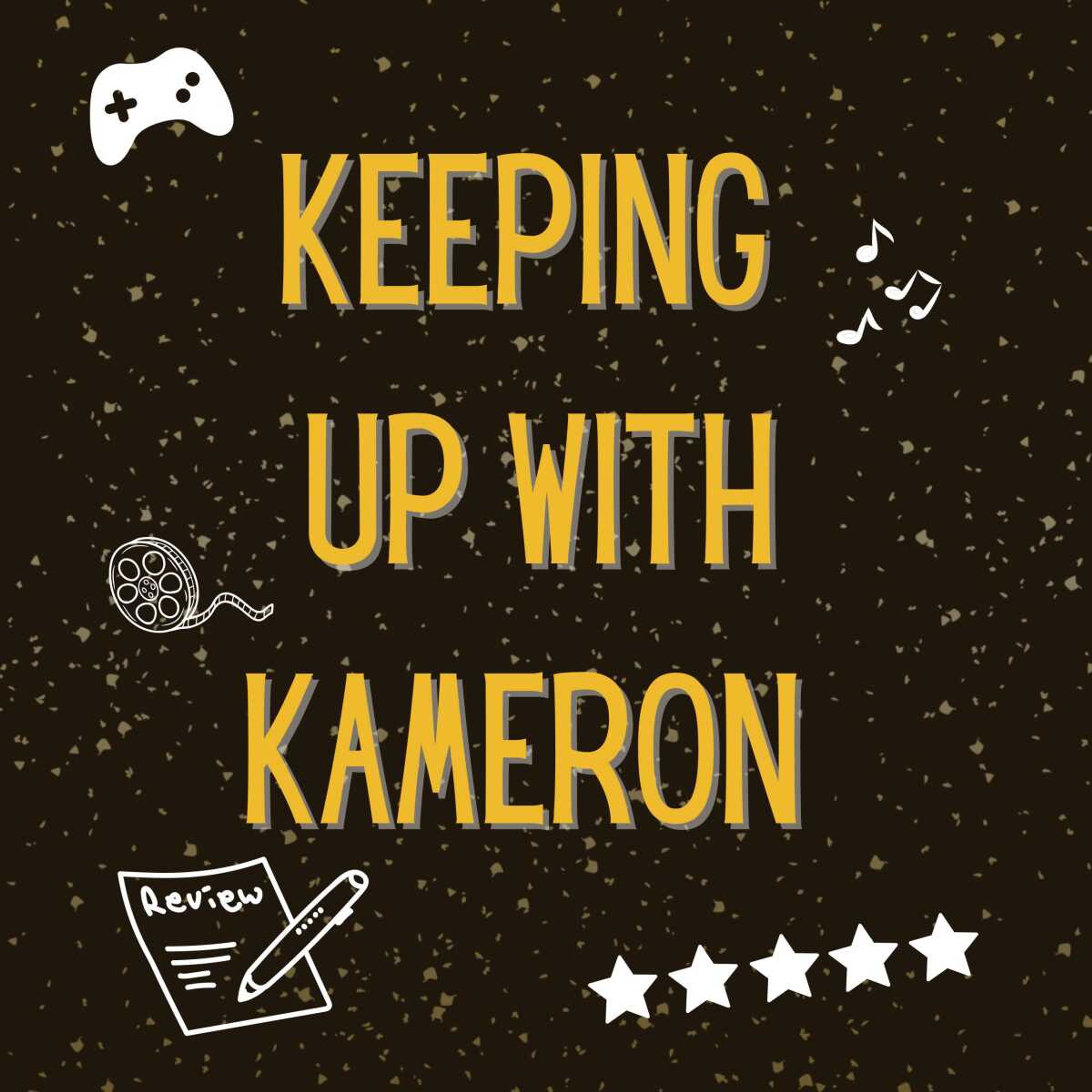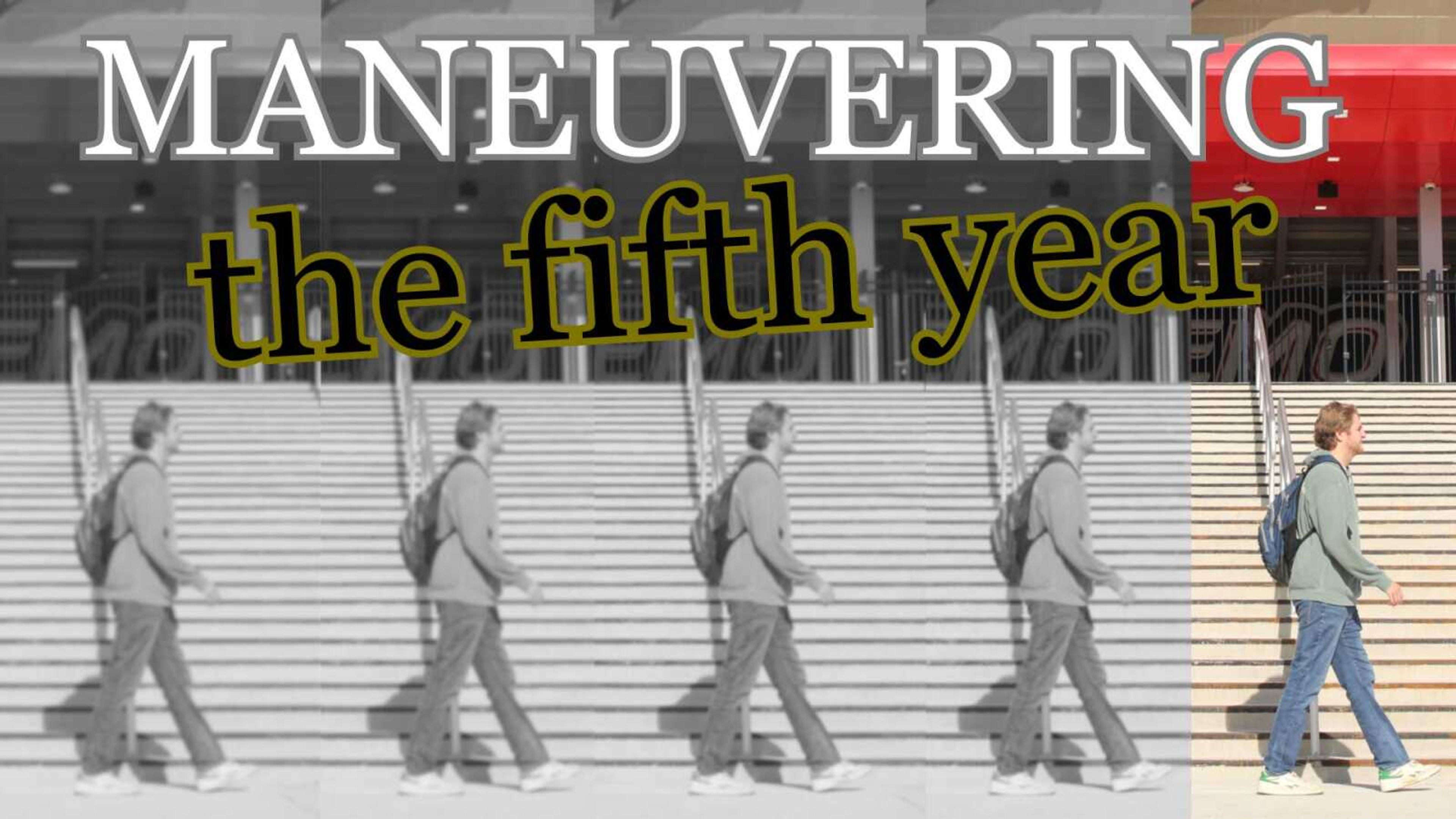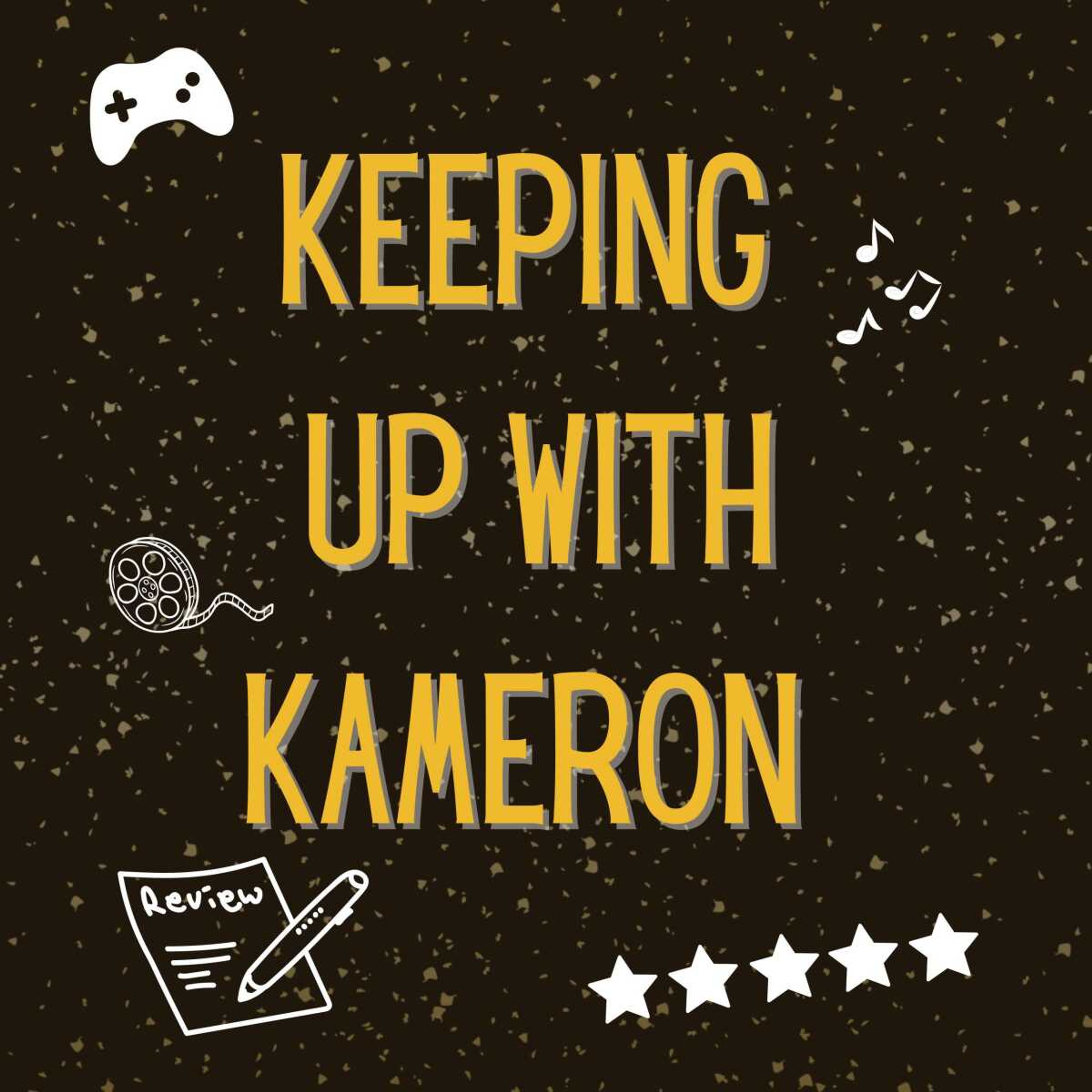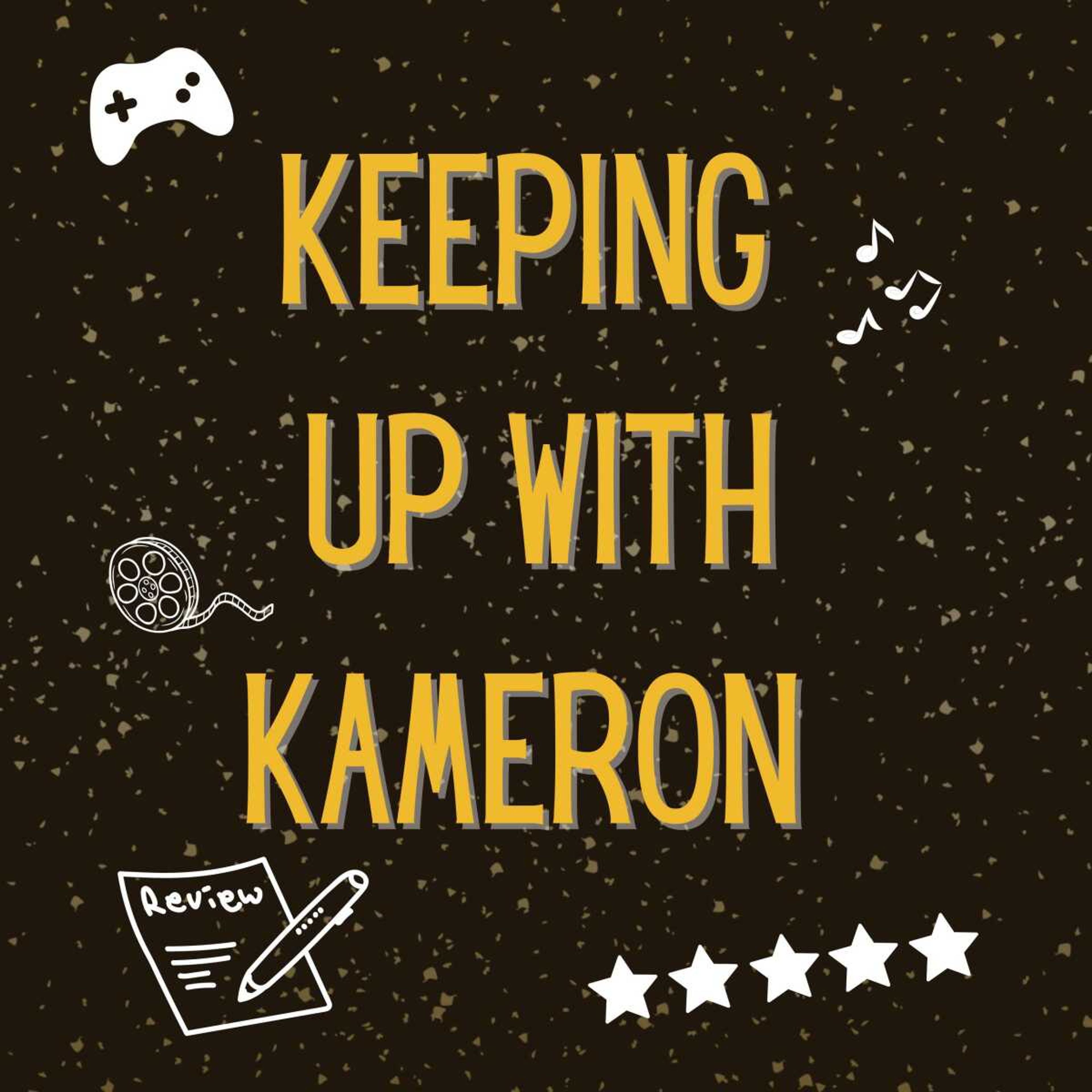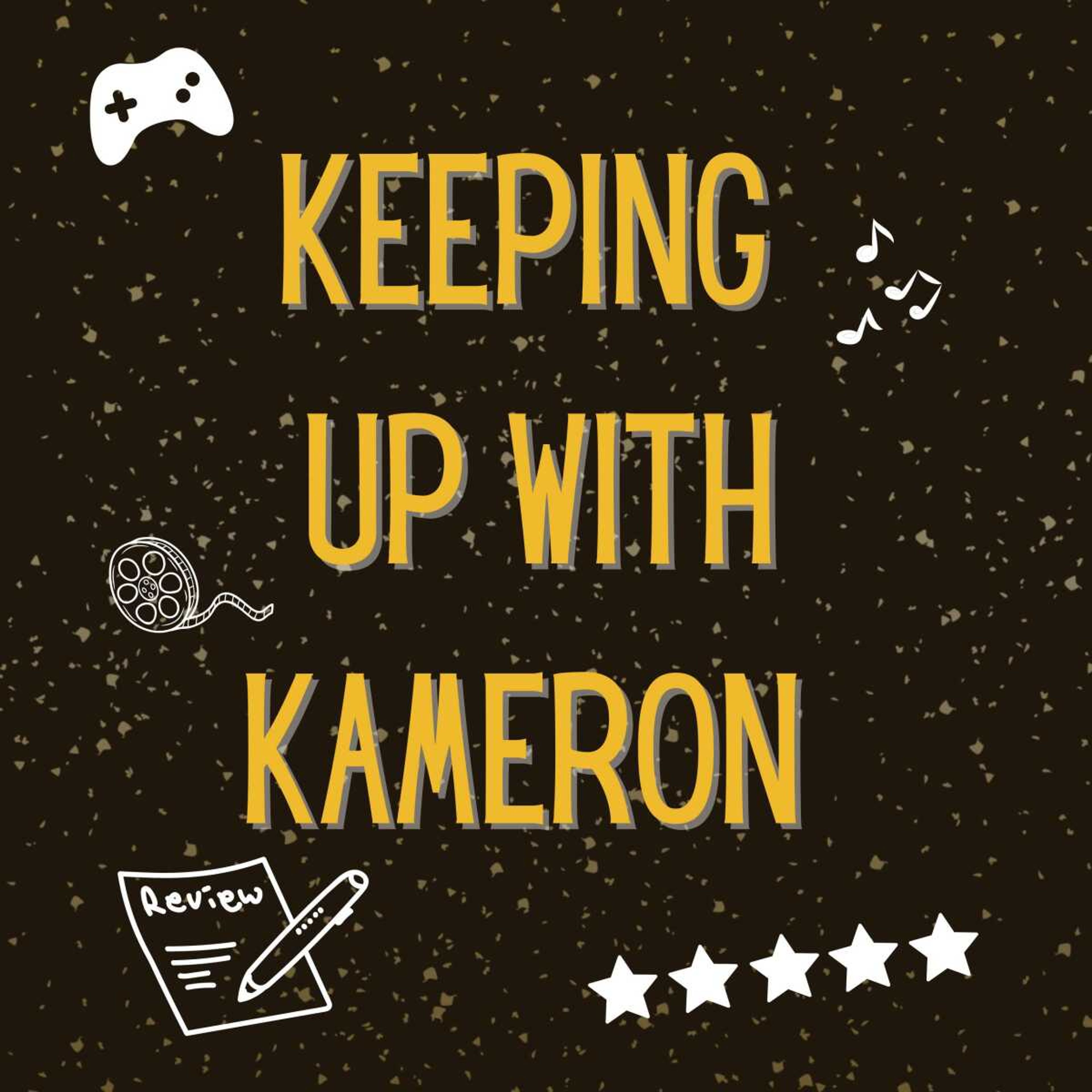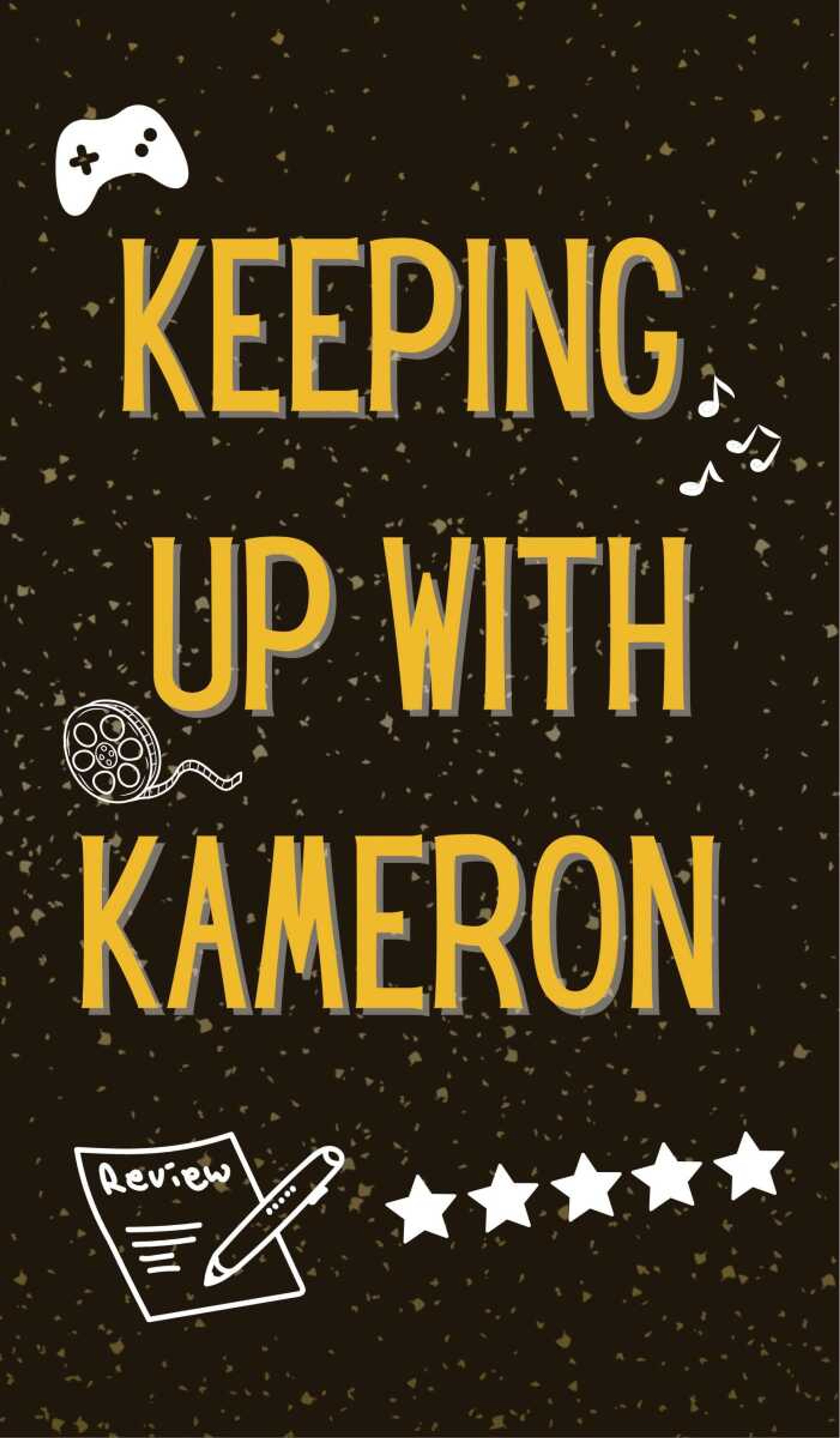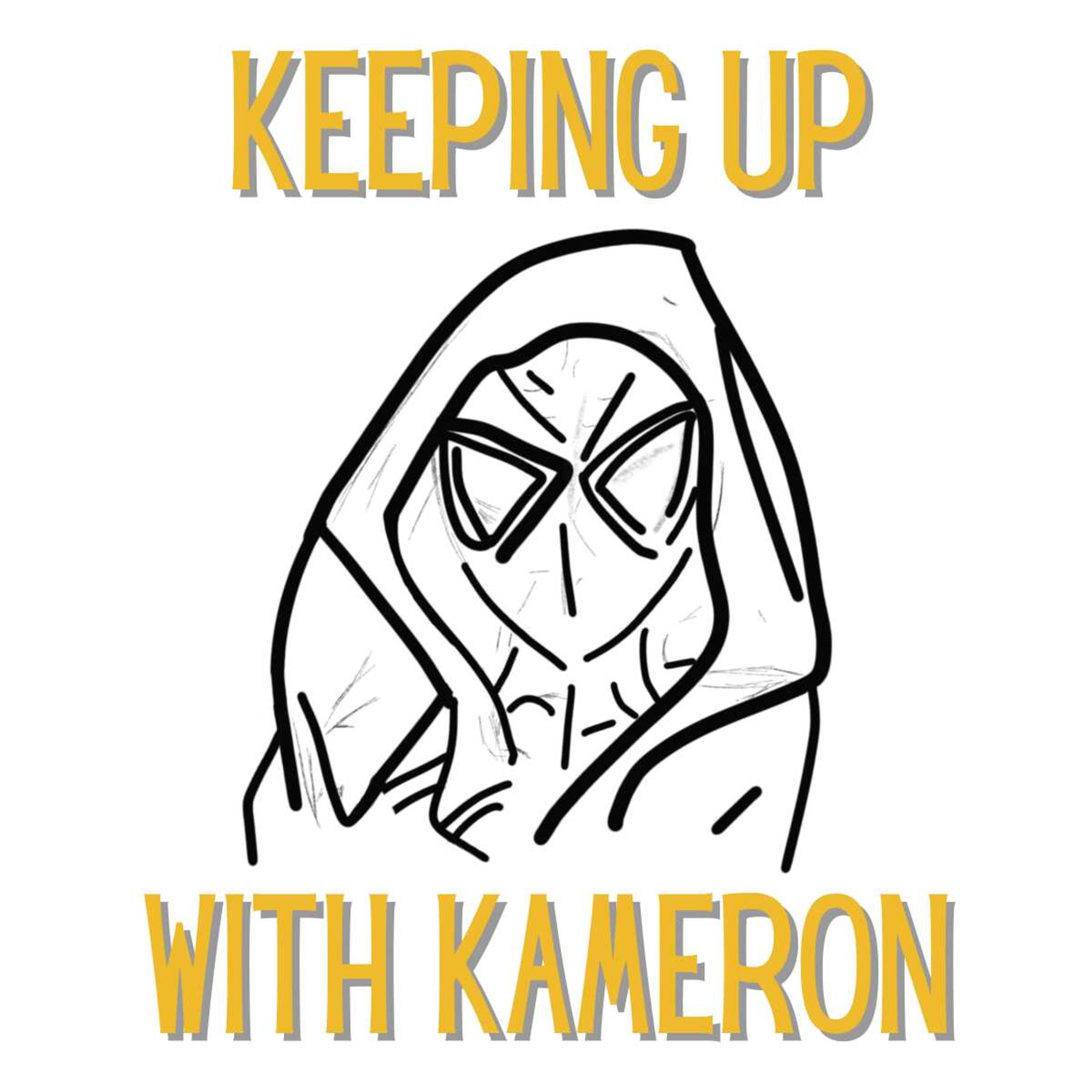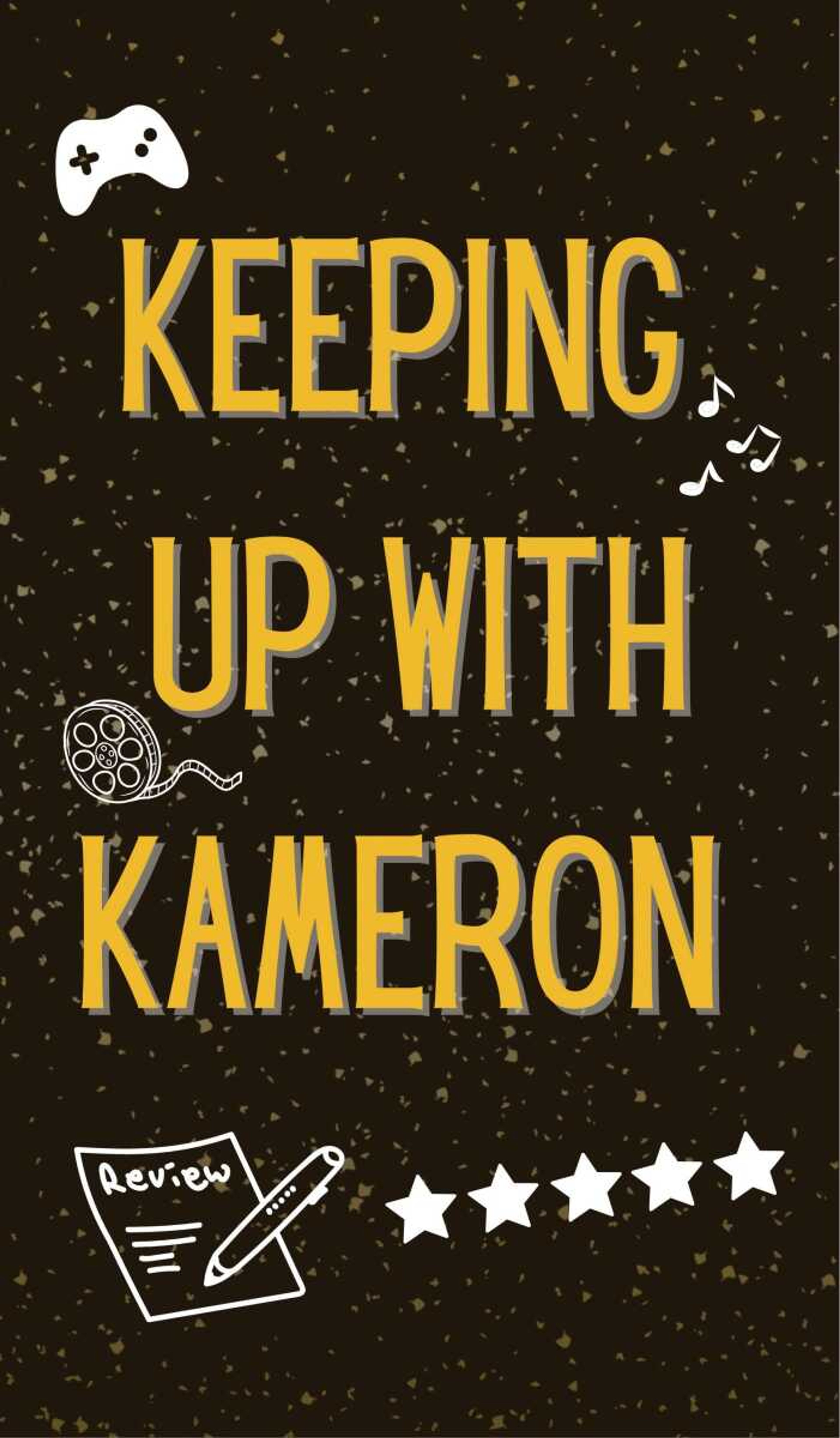Associate professor of Health, Human Performance and Recreation Tom Holman teaches an outdoor adventure class every summer.
As part of the curriculum he takes his group of students to Colorado in May in order for them to gain hands-on experience with the outdoors. This year Holman and his group of seven students took a detour on their way back from their week and a half trip and traveled down to Oklahoma for the night.
After seeing the destruction of the tornado that hit the city of Moore, the group decided to stay an extra day to aid victims that lost their homes.
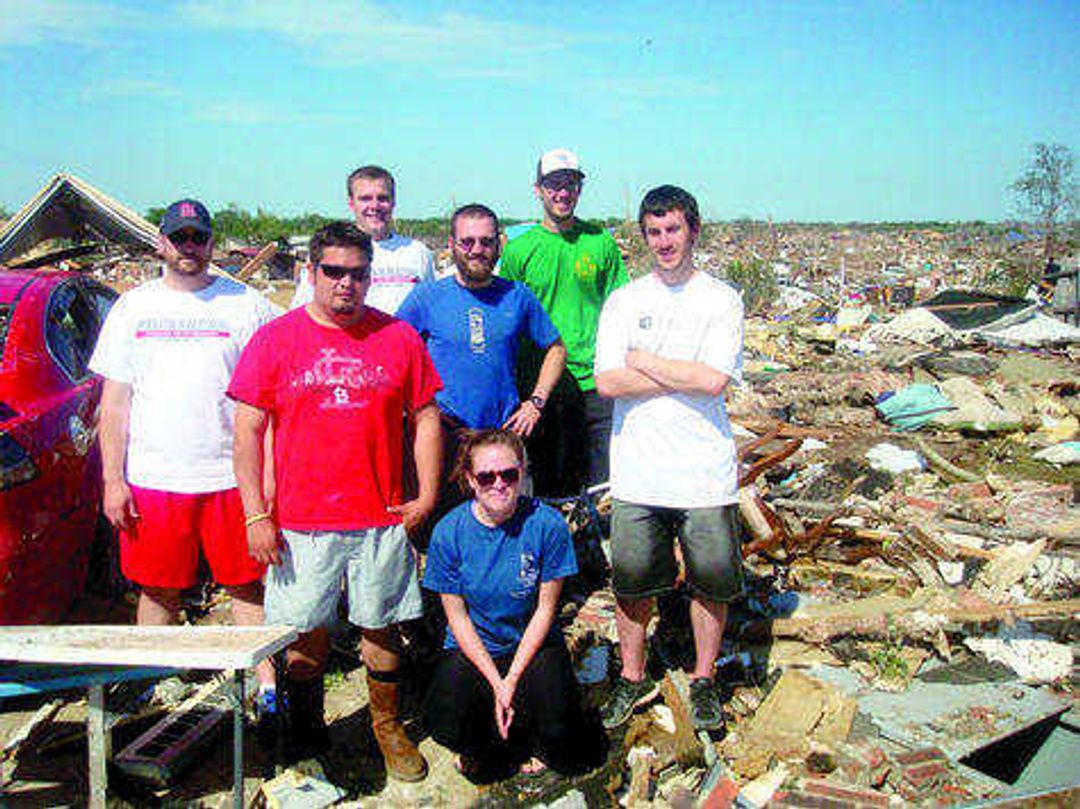
Q: What is the class you teach?
A: It is an academic course. It is a class I offer every summer. The class I teach is a workshop and is called RC812 outdoor adventure.
Q: What were you doing in Colorado?
A: We usually go to Colorado and go rock climbing, white water rafting and we go backpacking. We usually climb a couple of mountains that are usually over 14,000 feet. Because there was a lot of late spring snow, we rented snowshoes and set up camp. It had a lot of ice and snow, so we ended up being done a little early and we went to the Great Sand Dunes National Monument for a day. That's when we just heard about the tornado. It happened on a Monday and we got there on a Tuesday.
Q: What made you decide to stay and help out?
A: I think I saw an opportunity to serve and a need. I said that we should at least drive out there and look at it and then we will leave. Then something hit me and I was like "why can't we just give up a day and help these people out?"
Q: Can you describe what you saw when you first got to the site of destruction?
A: You could just see this path of total annihilation, and I think that's when it occurred to us that we've got to do something and try to help. You just really didn't have a category for what it must be like to have lost that and have that be your home. We saw some really crazy stuff.
Q: Did you join with another group or organization?
A: We did. That night I got out a phone book and looked up every church and called a bunch of different churches in Moore, but it was the evening and nobody was there. So we got up in the morning and drove down there where we were able to kind of get in the site where the tornado was. As we drove out, we saw a little church on the corner right on the edge of the zone of where the tornado hit. An organization had mobilized and pulled in the church and that was kind of their headquarters. I just pulled in there and there was a guy who said come to the meeting and I said "OK." That's kind of really how it happened and how we got our foot in the door.
Q: What did you do to help?
A: They [the organization] asked that while they were waiting to figure out what's going to happen, if we could clean up around the church. There was just stuff all over. A couple of my students got a bit antsy and said if this was all we were going to do that we should just go home. But I was like sometimes being a servant means doing the unrecognized things that don't get the applause. I said we were helping these people.
Then there was a guy, a 70-year-old Vietnam War veteran who was awarded the Purple Heart. His stuff was still in his house, but the house was so damaged. It was leaking and it was raining, and he had to get his stuff out. We basically showed up to be the grunt crew. We packed up all of his stuff. The other half went around in the community and gave out food and water.
Q: While you were helping, was there a certain moment or incident that really stood out or made an impact on you?
A: When we were in that environment, that moment, you would just see people pull up and there would be tears and then laughter. You just realize that what we see and the tangible things that we put value in really doesn't matter. It's the unseen things, the relationships we have, the things that are going to go on forever that really matter. It was really neat to see the students engage in that spiritual side.
Q: Were the group members happy that they decided to stay and help?
A: We worked like dogs and we were stuck in traffic trying to get out of Oklahoma City and I can't remember if somebody said it, but they were so glad they did it. I think it was neat to hear them say that they were glad that we were here in this moment and that we put our agendas aside.
